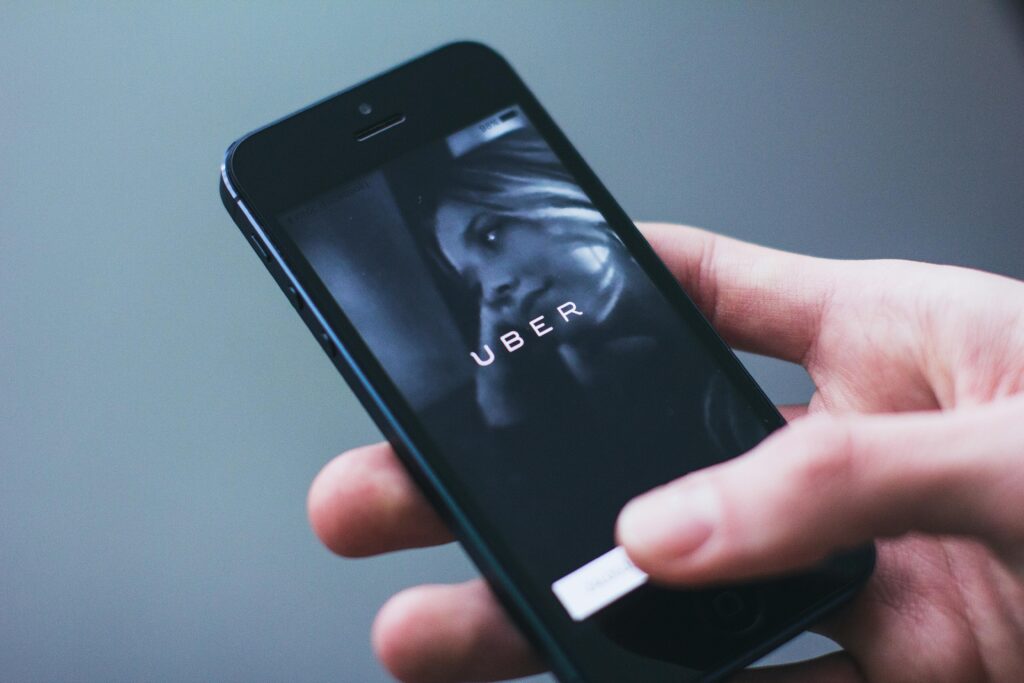The harm of sexual violence reaches far beyond the ride itself. Survivors often face challenges that touch every part of their lives, from mental health to financial stability.
Trauma and PTSD
Many survivors experience flashbacks, panic attacks, or fear of traveling alone.
Psychological Effects
Depression and anxiety may surface or worsen after the assault, making daily life harder to manage.
Medical Costs
Therapy, counseling, and psychiatric treatment are often necessary for recovery.
Physical Health Risks
Some survivors contract sexually transmitted infections or face other medical conditions as a result of the assault, requiring immediate and ongoing treatment.
Impact on Work or Education
Assault can interrupt careers and schooling, leaving survivors with lost income and missed opportunities.
Emotional Toll
The betrayal of trust in what should have been a safe ride can lead to long-term feelings of isolation and vulnerability.
These harms are central to lawsuits against Uber, which claim that the company’s negligence created unsafe conditions.
Why Survivors Are Filing Lawsuits
Survivors are filing lawsuits because Uber promoted itself as a safe rideshare service while failing to protect riders from sexual violence. These cases claim the company’s negligence, including weak driver screening and ignoring complaints, created an unsafe environment. By filing a civil claim, survivors can demand accountability, push for safer rideshare practices, and seek financial recovery that reflects the depth of their losses.
Who May Qualify to File a Claim
Not every incident during an Uber ride qualifies for a lawsuit, but survivors of sexual assault and their families may have legal options.
You may qualify if you or someone you love has:
- Experienced sexual assault, abuse, or harassment during an Uber ride
- Faced trauma, PTSD, or other long-term psychological effects after the assault
- Required therapy, counseling, or medical treatment tied to the incident
- Contracted a sexually transmitted infection or other health condition as a result of the assault
- Lost wages, education, or career progress due to the assault
- Died from violence or injuries linked to an Uber driver
An Uber sexual assault attorney can review your situation, explain how civil claims differ from criminal prosecution, and guide you through the process with confidentiality and care.
How Our Firm Can Help
At Alexander Shunnarah Trial Attorneys, we stand with survivors of sexual assault. We know how difficult it can be to come forward, and we are committed to handling every case with respect and confidentiality.
Free Case Review
You can speak with us at no cost. Our team will review your case and explain possible options.
Experience in Abuse and Assault Litigation
Our attorneys have represented survivors in sensitive cases and understand how to fight for justice.
Nationwide Reach, Local Care
We serve clients across the country, giving each case personal attention.
Resources to Build Your Case
Our financial strength means survivors never have to worry about being outmatched by Uber’s defense team.
Client-Focused Representation
Survivors remain at the center of the process. We keep you informed and supported from start to finish.
No Fees Unless We Win
There are no upfront costs to hire us. We only get paid if we recover compensation for you.
Why Timing Matters
Each state has a statute of limitations that sets the deadline for filing an Uber sexual assault lawsuit. Once that deadline passes, survivors may lose the right to bring a claim. Taking action sooner also helps keep records, witness accounts, and other evidence within reach. Speaking with an attorney early can protect your ability to move forward when you are ready.
Contact Us for a Free Case Review
At Alexander Shunnarah Trial Attorneys, we recognize how difficult it can be to take the first step after sexual assault. Our conversations are confidential, and survivors can speak with us at no cost. We never charge upfront fees, and payment only comes if we secure a recovery. Reach out today to connect with a team that listens with care and can provide clear guidance about your legal options.


